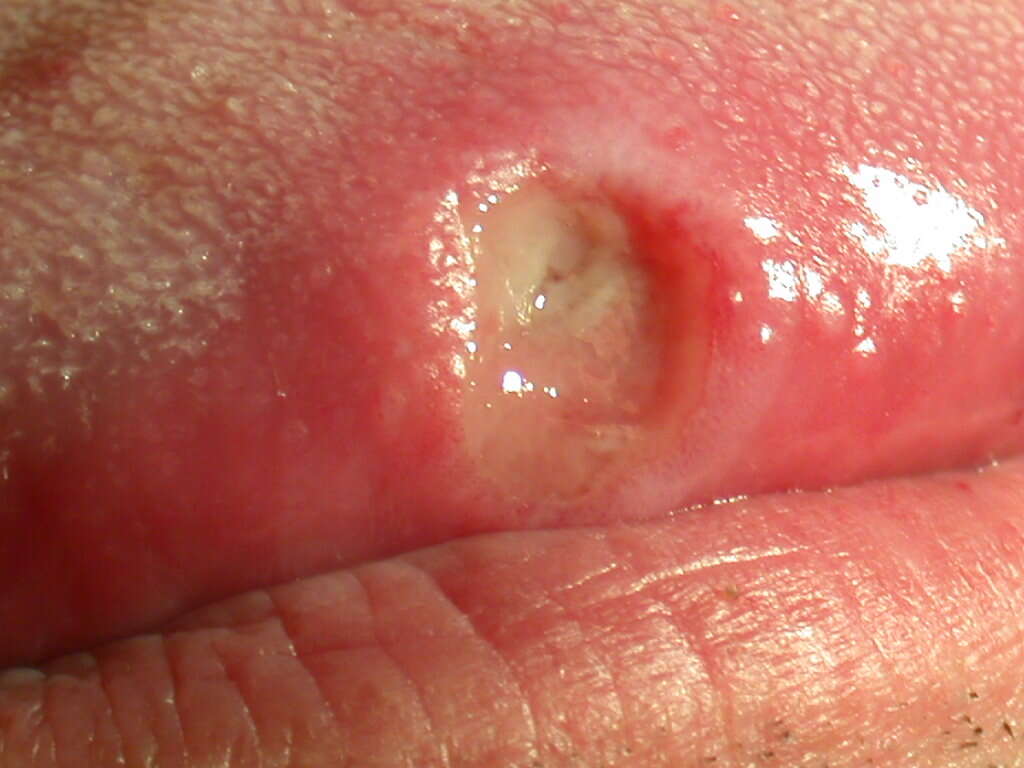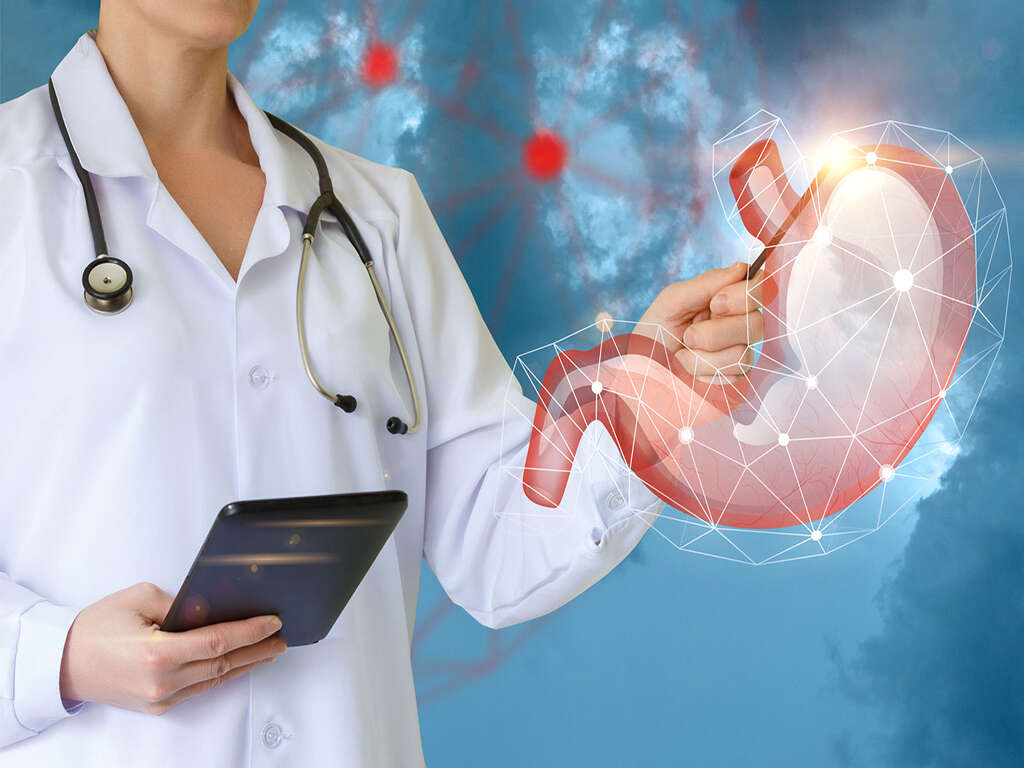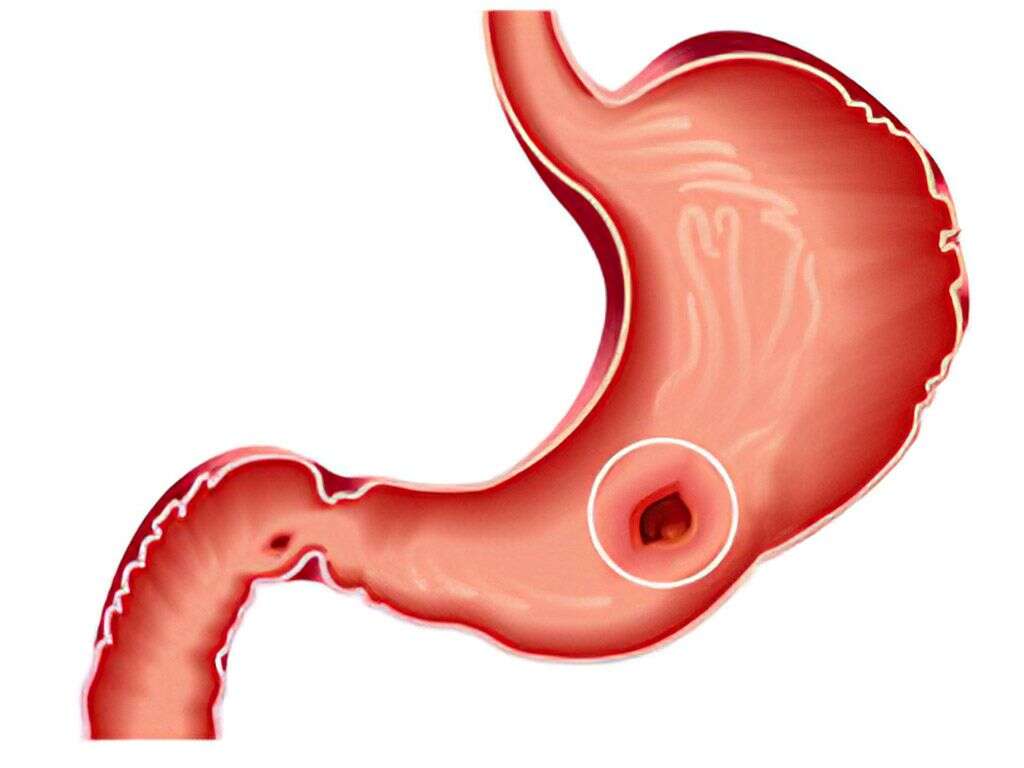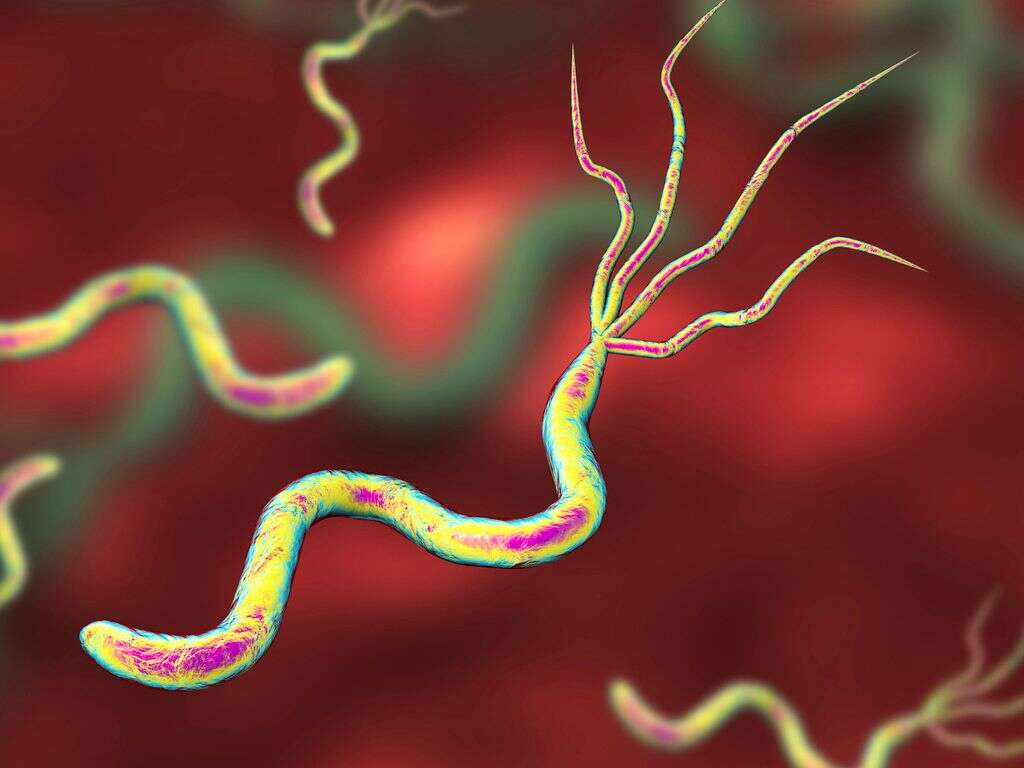10 Stomach Ulcer Symptoms
Stomach ulcers, also called gastric ulcers, are open sores that form in the lining of the stomach. When similar sores form in the walls of the upper part of the duodenum, they are called duodenal ulcers. Collectively, stomach and duodenal ulcers are known as peptic ulcers.
Globally, it is estimated that 10 percent of adults are affected by stomach ulcers at some point in their lifetimes. According to the American Academy of Family Physicians, the condition is more common in person’s aged between 25 and 64 years 1.
Some of the contributing factors in the development of stomach ulcers include Helicobacter pylori bacteria, long-term use of aspirin and other nonsteroidal anti-inflammatory drugs, alcohol, caffeine, and tobacco smoking. Stress and radiation therapy may also lead to stomach ulcers. If you have some of the following 10 stomach ulcer symptoms, you need to go for testing and treatment.
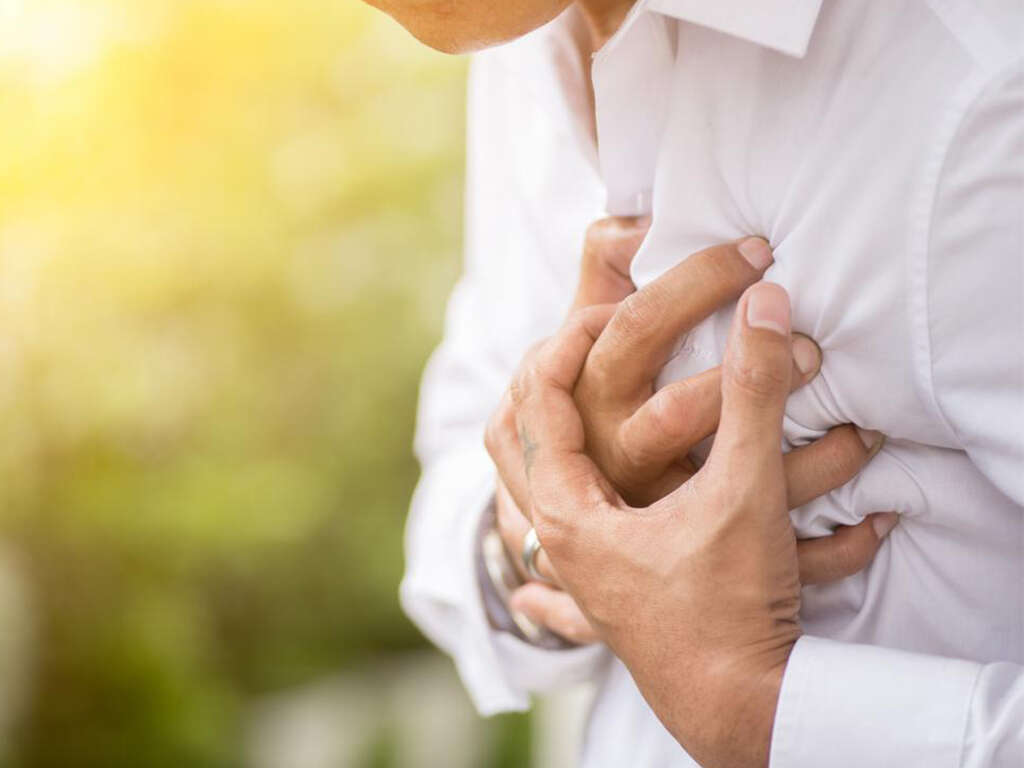
Symptom #1: Abdominal Pain
Abdominal pain is one of the most common stomach ulcer symptoms. Abdominal pain caused by a stomach ulcer occurs in the upper part of the abdomen, above the belly button. The pain is usually dull in the beginning, and may occur in waves. However, as the ulcer grows larger, the pain becomes more intense.
In some people, abdominal pain due to stomach ulcers is usually worse when the stomach is empty, especially between meals and at night. This is because gastric acid in the stomach gets to the ulcer a lot easier in the absence of food in the stomach. Consequently, abdominal pain goes away or lessens after having a meal. In other people, stomach pain actually increases while eating.
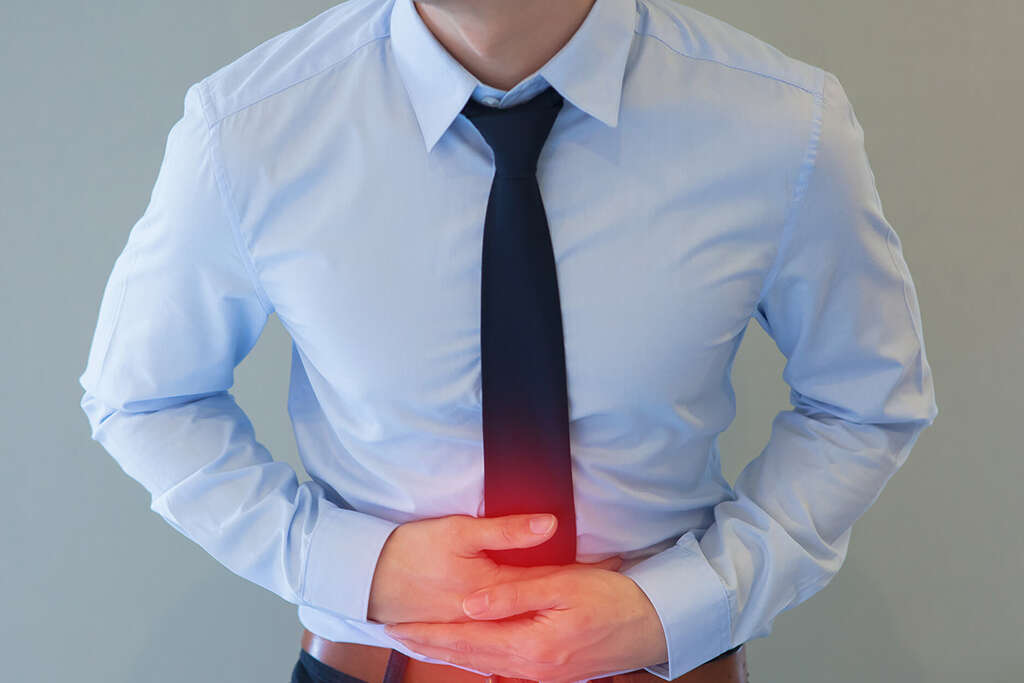
Symptom #2: Nausea or Vomiting
Stomach ulcers can cause nausea or vomiting. These stomach ulcer symptoms occur due to the inflammation resulting from the damaged stomach lining. This leads to on and off muscular contractions that may cause vomiting.
The churning abdominal movements may also cause nausea. This feeling usually calms down after a meal or upon taking an antacid. Nausea or vomiting may also occur if the ulcer is located in the lower part of the stomach or in the duodenum. In such a case, inflammation of the ulcer can cause partial blockage making movement of stomach contents into the small intestines difficult. Therefore, the esophagus may be the easier way out for the stomach contents.

Symptom #3: Chronic Heartburn
If you get recurring heartburn and regurgitation besides other related symptoms, you probably have a stomach ulcer. Heartburn in this case occurs when stomach acid irritates the sore area of the ulcer. This causes a reaction that involves sudden abdominal movements, which lead to acid rising up into the esophagus.
Most people take antacids to relieve heartburn. However, when there is an underlying issue like a stomach ulcer, the relief is usually temporary. If you experience this kind of symptom, you probably have a peptic ulcer and need medical attention. Note that left untreated, a stomach ulcer can get worse, leading to complications such as bleeding, blockage, and perforation of the stomach wall.

Symptom #4: Bloating
While there are other causes of bloating, such as indigestion, bloating may also be a symptom of stomach ulcers. Bloating or a feeling of fullness occurs when food in the stomach cannot easily move into the small intestines.
This can happen because of the location of the ulcer. An ulcer in the lower part of the stomach or in the duodenum may get so inflamed that the swelling blocks the digested food from passing into the small intestines. As the food continues to sit in the stomach, it can starts to ferment, producing gas and causing bloating. This can cause you to detest eating, which can lead to loss of weight and other complications.

Symptom #5: Dark Stools
Dark, tarry stools can be a sign of a bleeding stomach ulcer. The intermittent pain caused by a peptic ulcer occurs when acid washes over the sore area. As this happens, the acid continues to burn into the lining of the stomach, leading to deepening of the wound until it reaches blood vessels.
Once the wound reaches blood vessels, the ulcer begins to bleed. By the time the blood makes it through the digestive system and is being excreted with feces, it has taken on the dark, tarry color.

Symptom #6: Bloody Vomit
While ordinary vomiting is a common stomach ulcer symptom, an ulcer that has been around for a long time can present with bloody vomiting. This happens when the ulceration deepens and reaches some blood vessels in the gastric wall. Once this happens, blood may drip from the affected blood vessels and get into the stomach contents.
If the churning abdominal movements cause vomiting, the stomach contents, including blood that looks like coffee grounds, comes up through the esophagus. Blood in the vomit is a sign of a stomach ulcer at an advanced stage. For this reason, urgent medical attention is necessary to prevent complications like anemia and perforation of the stomach wall.

Symptom #7: Reduced Food Intake
Recurrent abdominal pain, nausea, and vomiting that occur due to stomach ulcers can lead to reduced food intake. This may happen as a result of a conscious decision by the person with a stomach ulcer to restrict their food intake in a quest to reduce the pain and discomfort.
Self-restricted food intake can lead to only eating specific types of food, and in small quantities. When this goes on for a long time, it can lead to deficiency in some nutrients, making it hard to recover from the ailment. It can also lead to loss of weight or even iron deficiency anemia.

Symptom #8: Loss of Weight
If you notice that you have lost weight without even trying, you probably have a health problem such as a stomach ulcer. This is more likely if you have other stomach ulcer symptoms such as abdominal pain, dark, tarry stools, and vomiting blood. Abdominal pain and vomiting can lead to self-restricted feeding.
This can lead to reduced intake of nutrients that are necessary for maintaining normal body weight. Tarry stools and vomiting blood that go on for some time means that you may end up losing a significant amount of blood. Reduced food intake and sustained loss of blood can lead to loss of weight besides other complications including anemia.
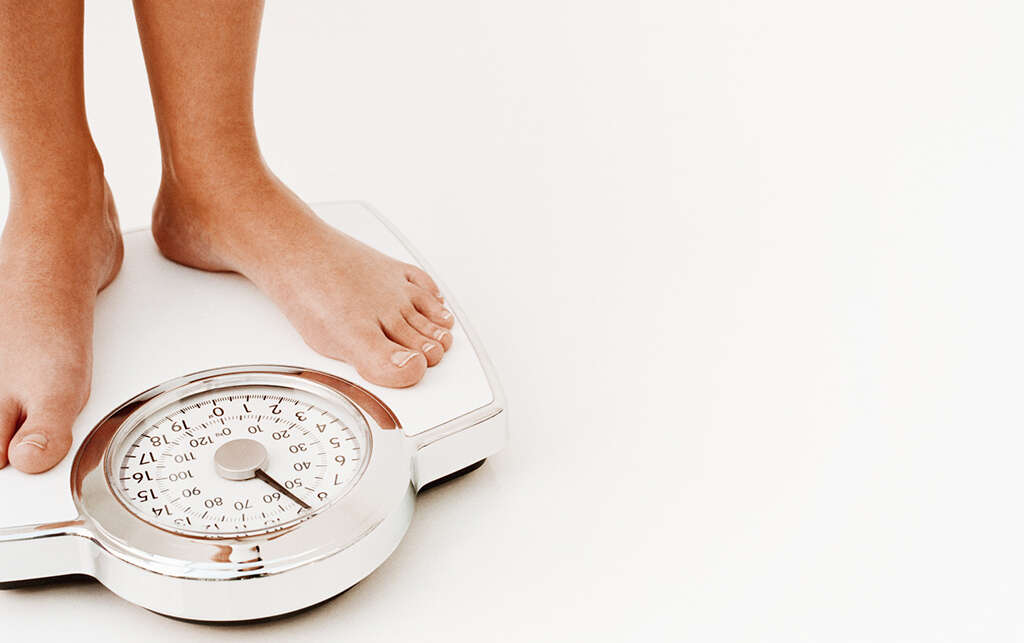
Symptom #9: Chest Pain
There are many health conditions that can cause chest pain. These include lung infections like bronchitis among others. Chest and back pains may also be symptoms of stomach ulcers.
Because stomach ulcers generally continue growing if they remain untreated for a long time, the pain may increase as the ulcer deepens. The ulcer may cause perforation in the stomach wall. The resultant pain may be too intense and difficult to relieve. In this state, the pain may radiate from the site of the ulcer to the surrounding area including the chest and the back. This is a sign that you need urgent medical care.

Symptom #10: Anemia
A bleeding stomach ulcer can lead to a significant loss of blood and ultimately cause iron deficiency anemia. This may happen over a long period of time if the ulcer does not present with other serious symptoms like abdominal pain and bloody vomiting.
Blood from the ulcers is excreted in stools, which will appear dark and tarry. But without taking notice of the dark color of their stools, it may take the affected person a long time before becoming aware of their health problem. Anemia symptoms like breathlessness, weakness, and loss of weight may ultimately cause the person to visit a medical facility. Being aware of the common stomach ulcer symptoms, you can request for a test to determine if you have a peptic ulcer.

-
http://www.nhs.uk/Conditions/peptic-ulcer/Pages/Introduction.aspx ↩







